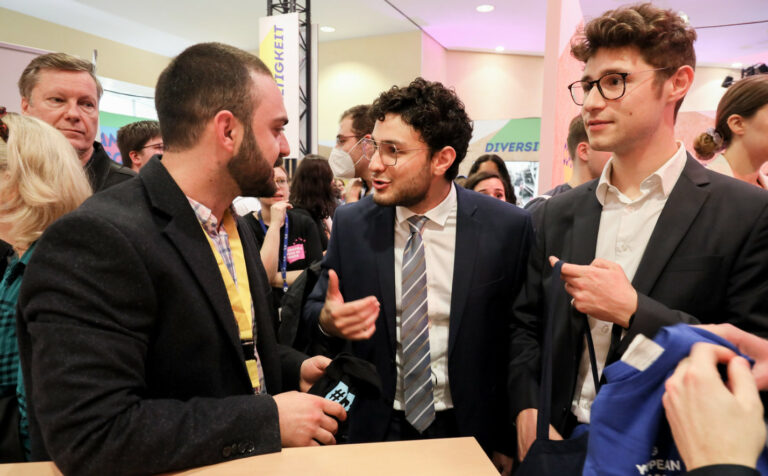
More than 200 participants join final Youth Policy Lab events across the Eastern Partnership
For the past two years, the Youth Policy Labs have brought together people from across the Eastern Partnership (EaP) to discuss, collaborate and engage on youth policy and youth priorities. Organised under the Youth Engagement Roadmaps project, the Youth Policy Labs concluded their work with a round of final national events across the region held in January and February. More than 200 participants attended the events, which provided an opportunity to present conclusions and recommendations.
The meetings in Armenia, Azerbaijan, Georgia, and Moldova were physical events, while the final national policy lab event for Ukraine took place online. Among others, the Ukrainian event gave participants an overview of the current youth policy priorities and planned initiatives in Ukraine under the current conditions of Russia’s war of aggression, as well as the outcomes and recommendations of the Youth Policy Lab discussions.
Mariia Ziniak, youth worker and librarian at the Ivano-Frankivsk City Central Library said: “During a difficult time of war in Ukraine, the Policy Labs project brought together young people to support and better understand their plans for a peaceful future after the war.” She added that “It was especially important that participants were from different regions of Ukraine, including Kharkiv, Odesa, Irpin, Mykolaiv, and Ivano-Frankivsk. This diversity of perspectives and experiences added value to the discussions and allowed a comprehensive understanding of young people’s needs and aspirations across the country.”
Participants in Moldova were also enthusiastic about the work of the Policy Labs. Mariana Iatco, researcher and teacher at Moldova State University, explained that “in the activities dedicated to the policy process for young people on the labour market, we had the opportunity through an interactive way to find out the needs, perspectives and policy solutions from different participants, which led to a creative and diverse approach to the subject.” She said that in the future, Policy Labs “should be based more on evidence and on a more responsible commitment from those involved”.
Young participants in Georgia and Armenia said the character of the Policy Labs empowered them to take ownership of the change they propose. Between 2021 and 2022, the Policy Labs in Georgia and Armenia have addressed a number of different challenges focusing on topics like youth work and digitalisation, and the lack of synergies in the ecosystem of partners (institutions, organisations, agencies) to better support innovation and youth entrepreneurship in their countries. Despite the efforts of the project, achieving the commitment from participating stakeholders can be challenging.
The Youth Engagement Roadmaps project ends in February 2023, after a final wrap up of the achievements of the project and highlights to come. With the Policy Labs concluded, the recommendations and conclusions from the multiple sessions have been presented to national policy makers, who must now put these into action.
MOST READ
SEE ALSO
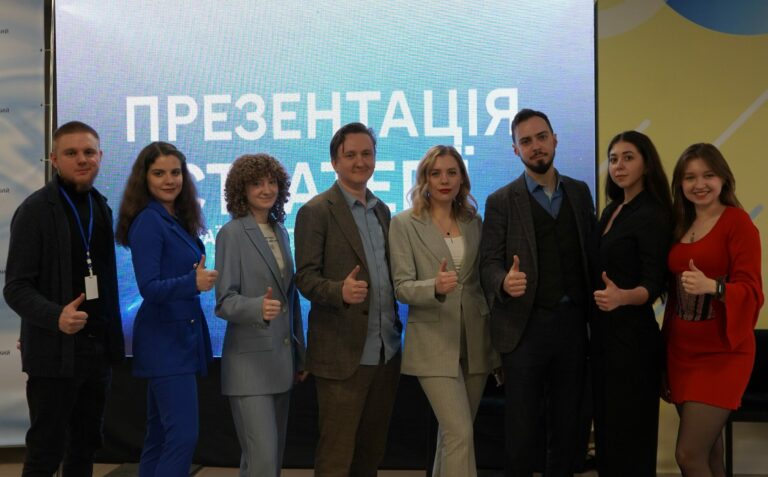
EU4Youth IV: Strategy of the All-Ukrainian Youth Center presented in Kyiv
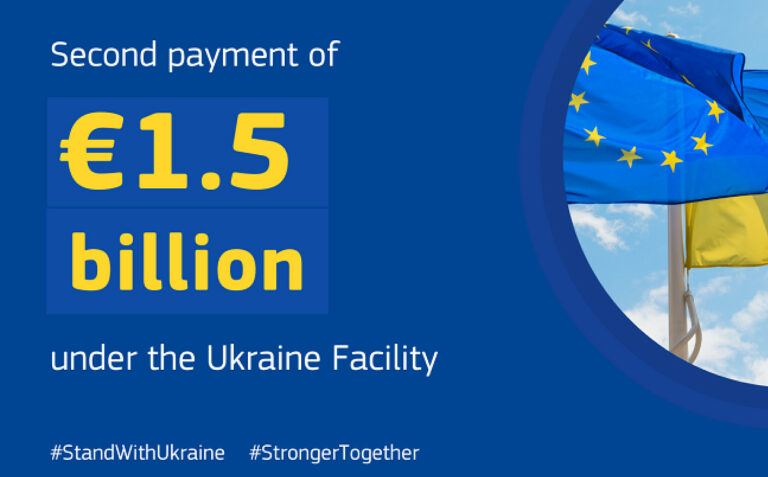
European Commission disburses additional €1.5 billion in bridge financing to Ukraine
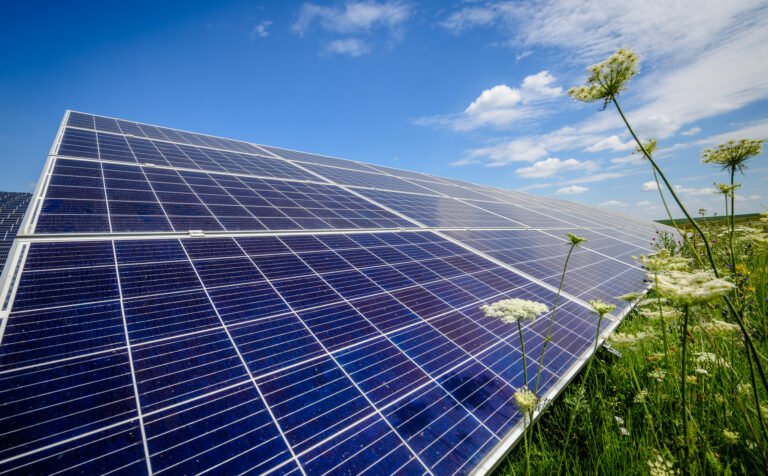
Azerbaijan launches first renewables auction
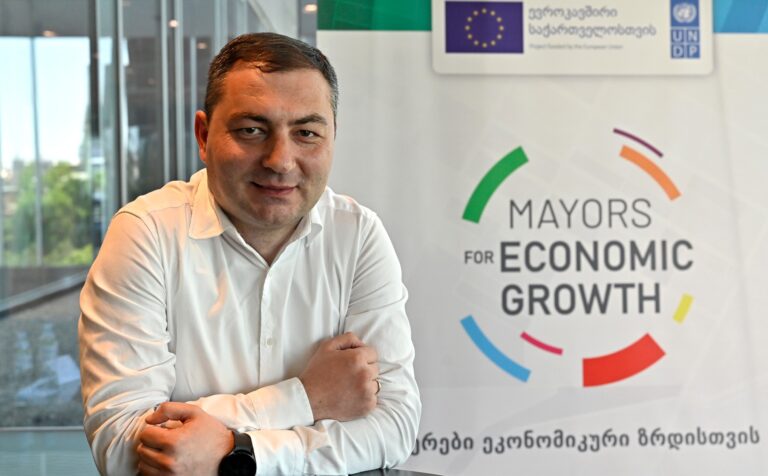
EU and UNDP launch Academy for Financial and Investment Readiness for Georgian municipalities

EU4DigitalUA: EU presents results of project supporting Ukraine’s digital transformation
More campaign pages:
Interested in the latest news and opportunities?
This website is managed by the EU-funded Regional Communication Programme for the Eastern Neighbourhood ('EU NEIGHBOURS east’), which complements and supports the communication of the Delegations of the European Union in the Eastern partner countries, and works under the guidance of the European Commission’s Directorate-General for Neighbourhood Policy and Enlargement Negotiations, and the European External Action Service. EU NEIGHBOURS east is implemented by a GOPA PACE-led consortium. It is part of the larger Neighbourhood Communication Programme (2020-2024) for the EU's Eastern and Southern Neighbourhood, which also includes 'EU NEIGHBOURS south’ project that runs the EU Neighbours portal.

The information on this site is subject to a Disclaimer and Protection of personal data. © European Union,








